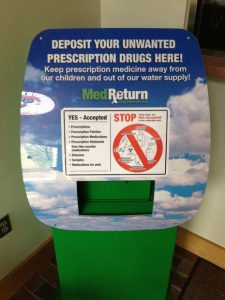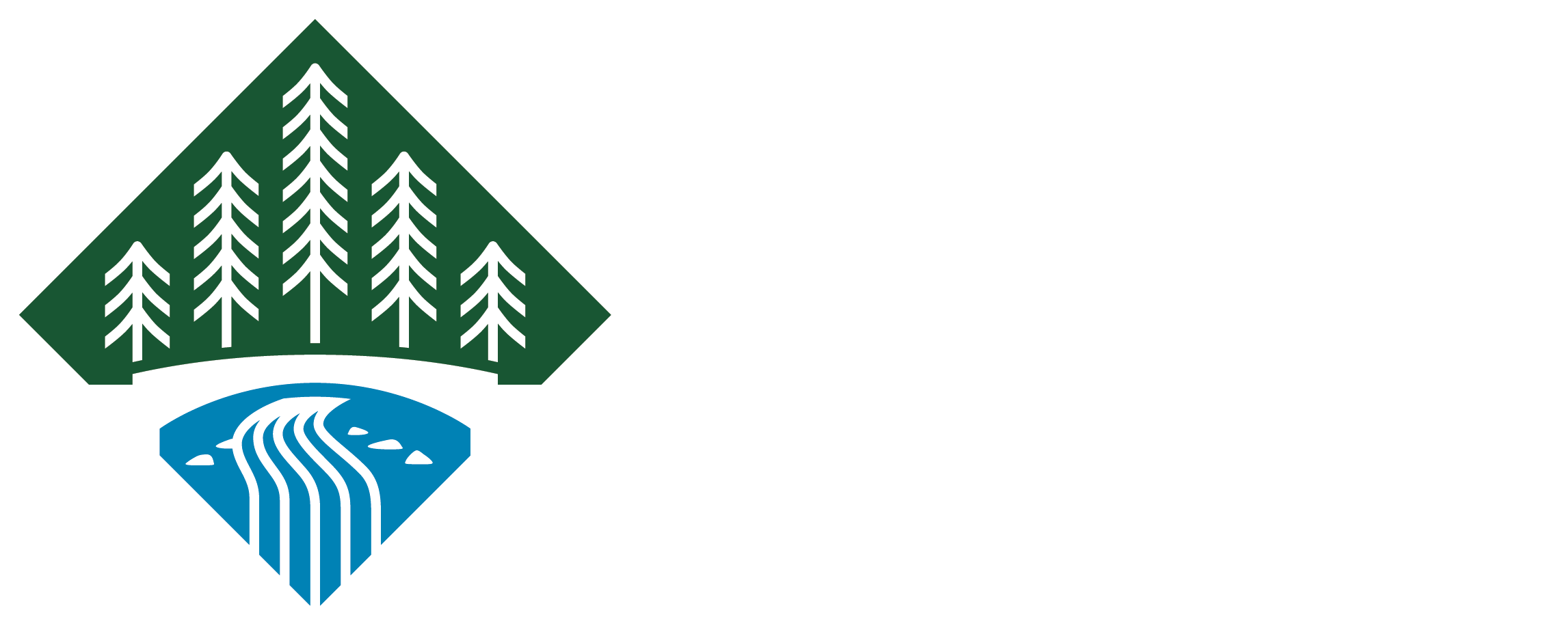Whether you tripped over your own two feet and slid head first into the gym bleachers or were cutting a peach in half and the knife slipped, most people have taken a prescription of some type during their lifetime. Prescription drugs serve a purpose and can help an ill or injured body heal.
What do you do with your leftover prescriptions? Maybe you have some pills from one prescription left and the doctor decides to try a different protocol. Maybe the drugs aren’t working so something stronger is required. This goes against my rule-following grain, but maybe you stop taking the drugs once you start to feel better and don’t finish out the prescription. Do you flush them down the toilet? Do you turn them in during a drug take back program, or return them to a pharmacy that accepts them for disposal? Do you leave them in the cupboard and every couple of weeks think, “I should really do something with those”?
What you do with leftover prescriptions can have a lot to do with water quality. In 1999 and 2000 U.S. Geological Survey researchers found low levels of a variety of prescription drugs in 80% of the streams they sampled. This could be a problem for the fish and other aquatic life in the streams. It could also be a problem for drinking water.
 Researcher Dr. Joanna Wilson at McMaster University’s Department of Biology looks at how prescription drugs in the water impact zebrafish (a small fish in the minnow family). As part of her research, she collected water samples at sewage treatment systems. She wanted to see how the processes they use to treat the waste water (this would be anything that goes down you a drain or gets flushed down a toilet) coming in were treating prescription drugs. At the plants she sampled, she found the “normal” sewage treatment process removed about 95% of the prescription drug material from the sewage waste.
Researcher Dr. Joanna Wilson at McMaster University’s Department of Biology looks at how prescription drugs in the water impact zebrafish (a small fish in the minnow family). As part of her research, she collected water samples at sewage treatment systems. She wanted to see how the processes they use to treat the waste water (this would be anything that goes down you a drain or gets flushed down a toilet) coming in were treating prescription drugs. At the plants she sampled, she found the “normal” sewage treatment process removed about 95% of the prescription drug material from the sewage waste.
So, check your cupboards and use the links below to find more information on how to dispose of prescriptions properly. If you’re in PA, the Pennsylvania State Police will be holding their annual drug take back in September. You can find more information about locations by visiting the PA Department of Drug and Alcohol Programs website.

